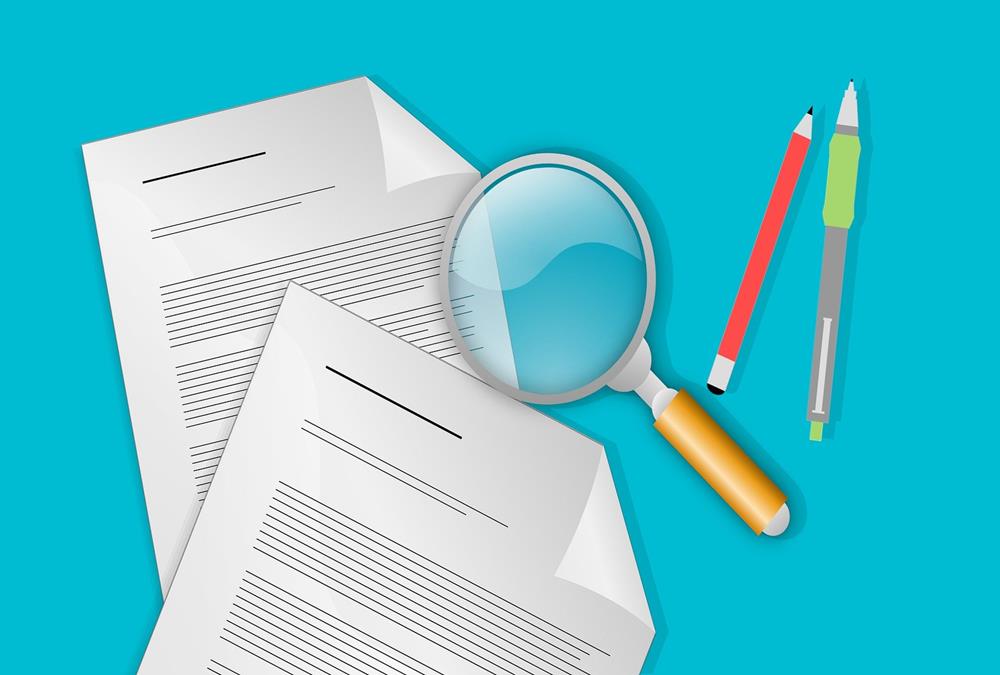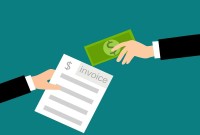- Home
- Business Processes
- Industry Knowledge
- Aerospace Industry
- Automotive Industry
- Banking Domain
- BFSI Industry
- Consumer/ FMCG Industry
- Chemicals Industry
- Engineering & Construction
- Energy Industry
- Education Domain
- Finance Domain
- Hospitality Domain
- Healthcare Industry
- Insurance Domain
- Retail Industry
- Travel and Tourism Domain
- Telecom Industry
- Leadership Skills
- eLearning
- Home
- Functional
- Procure to Pay
- Accounts Payable System
Accounts Payable System
We need a strong payables process so that it provides us with a high-productivity accounting solution to process vendor payments. An integrated payables process provides strong financial control so you can prevent duplicate payments, pay for only the goods and services you order and receive, and maximize supplier discounts. Understand the key features of an effective accounts payable system.
Given below are the key requirements from any automated world class accounts payable system:
Flexibility:
Payables system should provide flexibility for managing and streamlining invoice and payment processing. The flexibility is required in the areas of account structure, multiple calendars, multiple currencies, multiple bank accounts, multiple payment terms and how the system helps entering the information by defaulting linked information from the master data.
Accurate Invoice Processing:
Payables system should provide controls and automations to improve the efficiency of invoice processing and simultaneously help ensuring the accuracy of payables information. Some automation features or best practices are automatically matching an invoice to a purchase order by providing the purchase order number. Defaulting the accounting details and other information based on the matched purchase order.
Invoice Approvals:
As controllership and sox requirement the payable system should support two-, three- and four-way matching of purchase orders, invoices, receipts, and requester acceptance documents. Further it should provide approval mechanisms to ensure segregation of duties.
Multiple Payment Types:
System should provide capability to handle every form of payment, including manual payments, wire transfers, bank drafts, electronic funds transfers, and automatic checks. Further these payments should automatically or manually reconcile with the bank statements.
Supplier Interface:
System should enable resolve business issues quickly by providing immediate and accurate responses to supplier inquiries. Ability to view Invoice and Payment status information together to take informed decisions and have a meaningful conversation with the supplier.
Additional Information:
Ability to record detailed information about suppliers, including their purchasing, payment, and invoice processing preferences, flexible address formatting for global operations.
Electronic Data Interchange (EDI):
This allows exchanging payables data with external parties like banks and suppliers. Ability to use EDI drastically reduces many manual steps.
Pay on Receipt:
This is a financials feature that automatically creates supplier invoices based on receipts and purchase orders information. An advanced feature will automatically create matched invoices, automatically approve invoices and then make EDI or other electronic payments to the supplier.
Open Interfaces:
Ability to bring procure to pay data from other systems to the payables system.
Related Links
You May Also Like
-
Understand the Accounts Payable process. Understand the AP cycle and the various tasks that need to be completed during AP transaction processing. Learn the key activities and setups that are done in any typical system during the AP processing.
-
Overview of Warehouse Processes
The basic function of a warehouse is to store goods. This means that they receive deliveries from suppliers, do any necessary checking and sorting, store the materials until it is dispatched to customers. Traditionally warehouses were seen as places for the long-term storage of goods. Now organizations want to optimize their customer experience and try to move materials quickly through the supply chain, so the role of warehousing has changed.
-
Warehouses can be places where piles of packed or loose products occupy space. If left disorganized, it will become very challenging to identify products for packing or picking. Hence, proper organization of warehouse is very important. Warehouse labeling systems eliminate this problem by making sure products are easily identified and managed during the warehousing and shipping process. Labeling is the most functional and cost-effective way to keep your warehouse organized and operating efficiently.
-
Large companies have huge number of suppliers. To remain competitive they need to manage their procure to pay process very effectively. They create specialized division to handle these operations.
-
Accounts Payable Journal Entry
Although in the large organizations the Procure to Pay Accounting process starts when the purchase order for supply of goods is released to the supplier. To keep things simple in the beginning we will discuss the core accounting entries related to the Accounts Payables process.
-
In the normal course of business, customers are likely to return orders from time to time due to various reasons and business should design processes the manage and accept such returns. A well designed returns management process can reduce costs and issues associated with returns or exchanges.
-
When a customer wants a product that has been stored in the warehouse, the same need to be picked off the shelf (or off the floor) and get it ready for shipping. Depending on how big is the warehouse, picking can take a while. (Many distribution centers cover more than 1 million square feet.). Hence, warehouse order picking methods are an important aspect within any warehouse.
-
Understand what we mean by accounts payable. Why the process is called accounts payable and what are the other names by which this process is known as. Download a ready recokner to keep with you.
-
One of the most important decisions when running a warehouse is its layout. Warehouse layout defines the physical arrangement of storage racks, loading and unloading areas, equipment and other facility areas in the warehouse. A good layout aligned with the business needs could have a significant effect on the efficiency.
-
The Outbound process starts with routing the shipments. The Outbound execution process starts from the point when pick tasks are completed for an outbound shipment and ends at the point where the outbound packages are loaded into trailers. The Warehouse Outbound process includes managing and controlling outgoing materials starting from the download of orders through to the shipping of products from the warehouse.
Explore Our Free Training Articles or
Sign Up to Start With Our eLearning Courses

About Us
Learning
© 2023 TechnoFunc, All Rights Reserved









